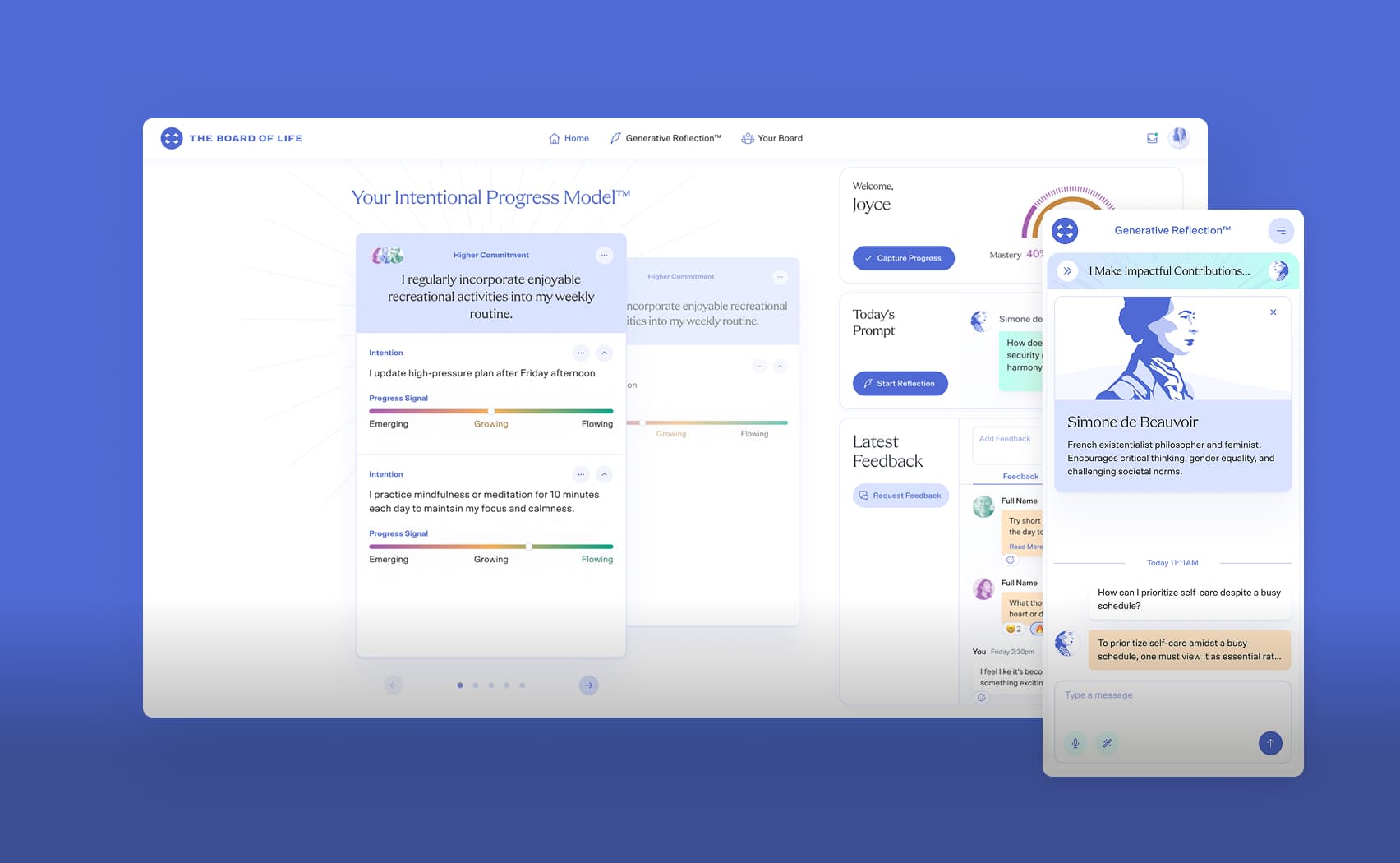Pros and Cons of Outsourcing FinTech Services
Suppose you just founded a brand new fintech startup. You want your app to change the way the world uses money.
Unfortunately, there is a lot that goes into running a fintech company. You might need more than just creating the software for your small team. And that doesn’t even include routine tasks like payroll, billing, and customer service.
The solution is to outsource some of your services to third parties. This path is followed by many startups and even large, established corporations. The global market for IT outsourcing was over $500 billion in 2022, and is expected to almost double by 2030.
Outsourcing fintech services can go a long way in helping your company meet its goals. It can cut costs, boost productivity, and increase flexibility. But outsourcing can also introduce communication problems and security concerns if you aren't careful.
What services do fintech companies outsource?
The fintech services that companies most often outsource include:
- Software development
- Business process outsourcing (BPO)
- Customer care
For each of these, there are pros and cons to outsourcing.
Software development is always challenging and time-consuming and often requires niche expertise. Companies don’t always have the in-house talent to do their development by themselves. Consequently, they outsource some or all of their software development.
Common software packages for fintech firms include payment gateways, mobile e-wallets, point-of-sale (POS) systems, customer relations management (CRM) software, and e-commerce payment methods. Many outsourcing firms can help take advantage of popular current trends like AI, big data, and blockchain.
Business process outsourcing, or BPO, includes the many other functions that fintech companies have to carry out besides software development. This includes tasks like payroll, billing, and tech support. These are ripe for outsourcing for the opposite reason of software development- many business processes are simple and can be done cheaper by less skilled labor overseas.
Customer care is necessary as it is the front-facing aspect of the business. Customers need help with identity verification, fraud verification, and even just basic questions. Like with BPO, many tasks are routine and need not be done in-house.
Pros of Outsourcing
There are four main advantages to outsourcing services for fintech:
- Cost efficiency
- Development speed
- Quality
- Flexibility
Outsourced services are often more cost-effective than in-house services. One reason is that full-time employees are expensive to higher and train. Another reason is that many outsourced tasks can be done just as easily by people living in places with lower taxes or wages.
Outsourced software can sometimes offer a faster development speed. This is especially the case when a team needs expertise that can’t be found inside the company, in which case they may also have higher quality. Improved speed and quality are not guaranteed. However, sometimes software projects can be delayed by adding developers to the team.
Finally, having a relatively liquid supply of external labor to tap into gives firms extra flexibility. They can add labor at times of peak demand and cut costs by trimming their outsourced labor pool when no longer needed. In this way, outsourced services resemble cloud computing, itself a form of outsourced technology.
Cons of Outsourcing
While every cloud has a silver lining, every upside has its downside. Despite benefits, outsourced services can create significant drawbacks:
- Poor collaboration
- Lack of control
- Security concerns
Having more people work on a project is not necessarily better. It creates more opportunities for miscommunications, information breakdowns, and generally poor collaboration.
A divided workforce is also hard to control. When some employees are in-house and others overseas, they have varying skills and loyalties.
Most worryingly, security flaws can be introduced in multiple ways. The more people who work on a project, the more potential harmful actors have to find a way to get information about what’s happening inside. And if different parts of the team use different security protocols without agreeing on companywide standards, they can inadvertently introduce gaping security holes without realizing it.
Outsourcing Development with JetRockets
When it comes to outsourcing software development, the single most significant factor is whom you choose. There are thousands of firms worldwide that want your business. But many of them are in distant countries, and you might not be sure if you can trust them.
Fortunately, you don’t have to jump both feet first into development with an unvetted firm or pay huge costs to an expensive local team. A third option is hybrid firms, which work both onshore and offshore.
JetRockets operates one office in Brooklyn and one office in Batumi, Georgia. We are also 100% remote work flexible. This lets us take advantage of low costs in Georgia while providing the peace of mind you get when working with a local development firm.



